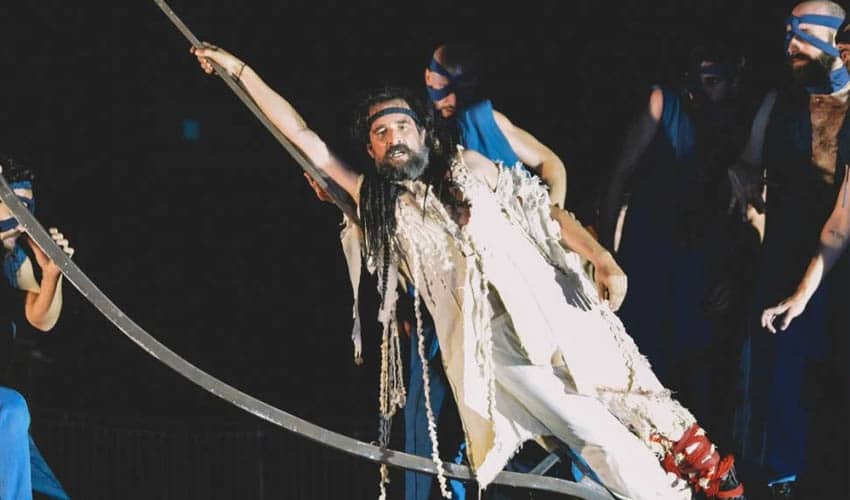
With Sophocles’ “Philoctetes”, a drama from the Trojan Cycle, according to which Odysseus and the young Neoptolemus are sent by the Achaean army to Lemnos to bring the famous archer Philoctetes to Troy, the events of the International Festival continue at 9.30 in the evening on Wednesday 20 and Thursday 21 July at the “Municipal Summer Theatre of Patras”.
The role of Philoctetes, the wounded hero of the same name, is played by Tasos Nousias, the role of the ambitious Neoptolemos is played by the promising George Amoutzas, while the role of the resourceful Odysseus is played by Maria Protopappa. They are joined by a 6-member chorus of talented actors.
Marlene Kaminsky directs the play in a translation by George Blanas. The original musical composition of the soundscapes is signed by Constantine Skourlis. In his compositions he even uses one of the two Halldorobass (stringed feedback musical instrument) that exist in the world. Evangelia Vellis-Kosma is responsible for the original music and the teaching of the dance. George Georgiou takes us to the island of Lemnos with his sets and Aliki Danezi-Knutsen with her lighting, while the costumes are designed by Yannis Metsikof.
THE PROJECT
Philoctetes was abandoned on the island 10 years ago due to a hideous wound caused by a snake bite. But now the Achaeans learn that, according to a prophecy, he and his divine bow are necessary for the fall of Troy. Odysseus has a plan, but its success depends only on Neoptolemus. It is a bold plan, with a serious chance of failure. However, failure is not an option, as for the three men and Neoptolemus’ sailors there is no escape from the desert island until the mission – a mission mandated by fate – is fulfilled.
Full of symbolism and a metaphysical charge, Philoctetes is one of Sophocles’ last and most layered works. It strikingly explores the moral limits in the pursuit of profit, excellence and glory. On a deeper level, it touches on the question of man’s obligation to a divine will and to his own destiny, and it examines in depth physical and emotional suffering and their relationship to the mind and spirit.
Translated by George Blanas Directed by Marlene Kaminsky
Set Designer: George Georgiou, Costume Designer: Yannis Metzikov
Original chorus music and instruction: Evangelia Velli-Kosma
Original music: Constantine Skourlis, Lighting: Aliki Danezi-Knutsen, Assistant Director: Natasha Petropoulou
Starring: Tasos Nousias (Philoctetes), Maria Protopappa (Odysseus), George Amoutzas (Neoptolemos)
CHORUS: Alexandros Filippopoulos (Top of the Dance) – Pantelis Arusalidis, Markos Gettos, Vangelis Kraniotis, Vangelis Magiros
Tasos Theofilatos.

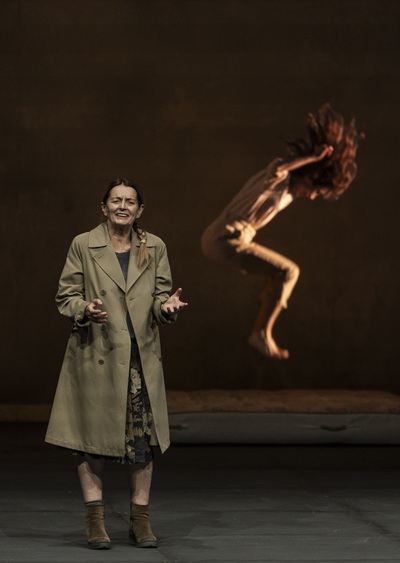
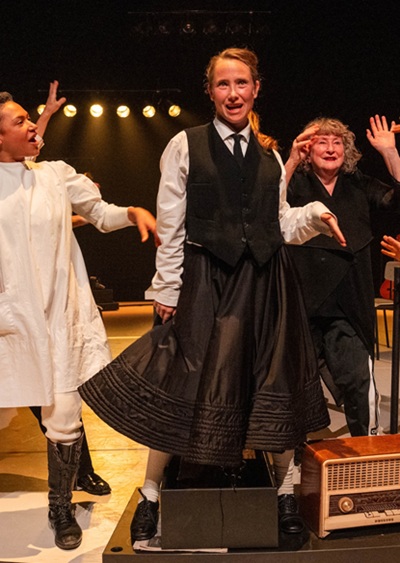
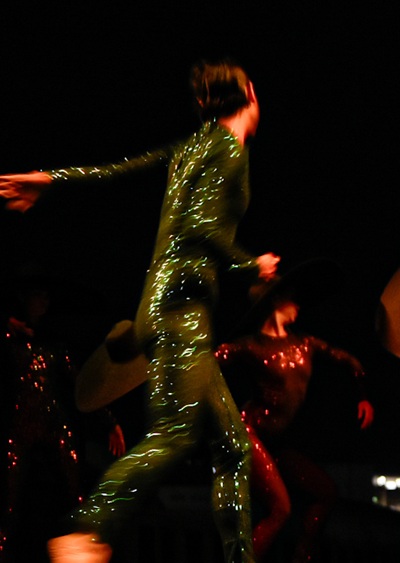
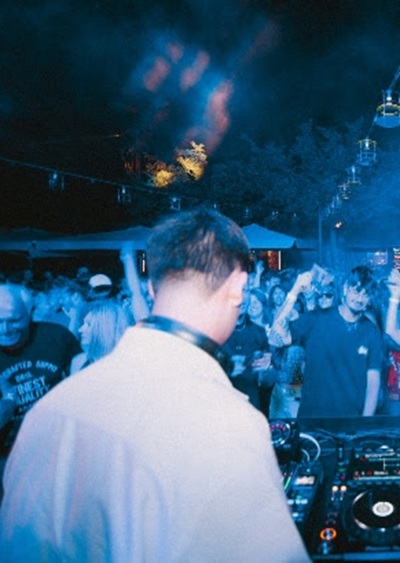


Leave A Comment